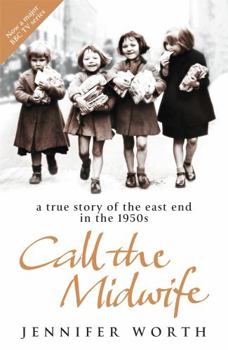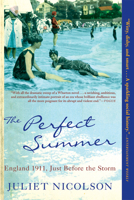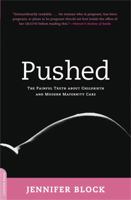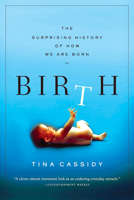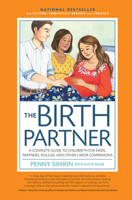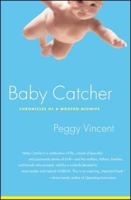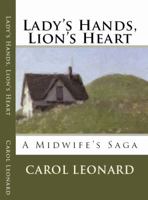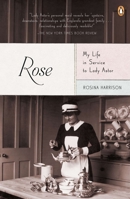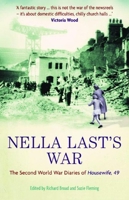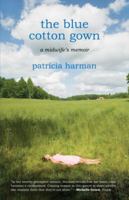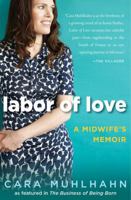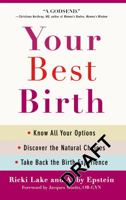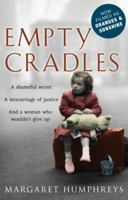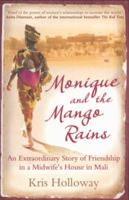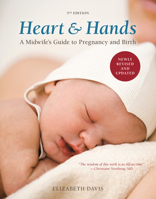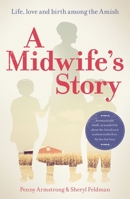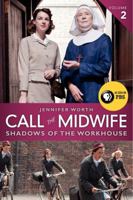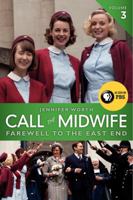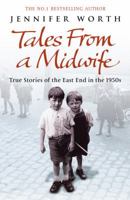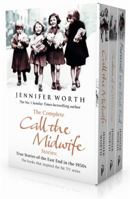Call the Midwife: A True Story of the East End in the 1950s
(Book #1 in the The Midwife Trilogy Series)
Select Format
Select Condition 
You Might Also Enjoy
Book Overview
Customer Reviews
Rated 5 starsI highly recommend!
I absolutely adore the TV series so decided to try the book and was not disappointed. While viewers will recognize most of the stories (from the first season) there is also more detail in the book. Worth also fills out the fascinating background of midwifery and paints in details that bring the East End to life. I found it to be a quick and engaging read.
0Report
Rated 5 starsAwesome book, Love to Reread!
Such an enjoyable book to read. Her writing is easy to understand yet full of depth, and love.
1Report
Rated 5 starsI loved this book
I really like the tv series of this book which is why I ordered it. I enjoyed reading and picturing the characters. Many of the chapters had been made into the episodes and it was nice to have some background information from both the book and the tv series to better understand what was going on.
3Report
Rated 5 starsA Well-told Tale. Five Stars!
Jennifer Worth's tale of her time as a midwife in the Docklands of London's East End in the 1950's reads more like a Dickensian novel from the 1850's. Early in the book, she explains that by the early 1960's, the East-ender Cockney culture and dockworker-dominated economy in this part of London came quietly to an end. Until then, this culture had sustained itself for more than 100 years with little change, highly insulated...
4Report
Rated 5 starsTouching Tale
When I first heard about the book THE MIDWIFE: A Memoir of Birth, Joy, and Hard Times by Jennifer Worth, I just knew I wanted to read it. I have always been fascinated by the role of midwives in our history, and I thought the idea of the author living in a convent would be interesting. too While I was thinking that I'd probably like this book, I can definitely say that THE MIDWIFE far exceeded my expectations! This is a major...
3Report
Call the midwife : a true story of the East End in the 1950s Mentions in Our Blog
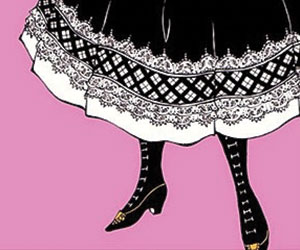
The BBC One/PBS adaptation of Little Women is being screened next month. Here are some fun facts to help the wait.










